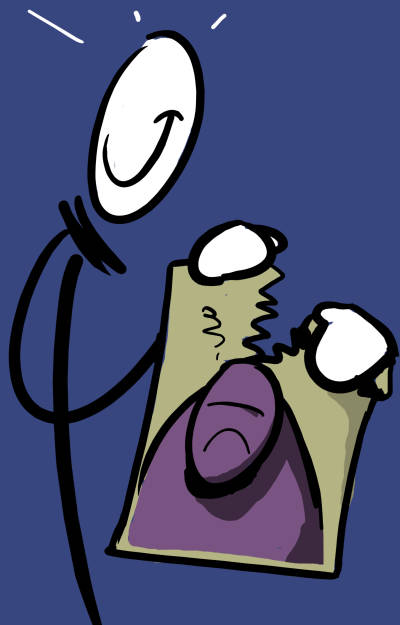David Cadman, Quaker, sustainability consultant and writer
Most of us who read The Inner Wave live in a society that is driven by a very particular form of economy – one based upon rising consumption and endless growth. Although it is hardly ever challenged (least of all by those that govern us) this economy is founded upon a very particular (but as it happens flawed) proposition. Although it seems to offer satisfaction it must never do so. It only works if – whilst believing that the next purchase will satisfy our need, and having made the purchase – we remain dis-satisfied and once more in need. Despite the promise of satisfaction, we must always feel we need more.
The link between this form of economy and resource depletion, global warming and climate change might seem self-evident, but there are still those who suggest that we can “decouple” them; that by ingenuity and technical innovation we can continue to grow our economies and raise global levels of consumption without having an adverse impact upon our environment. I doubt that this is true.
Indeed, since we have clearly come to live beyond our natural capacity – physically and economically – we must reduce both global consumption and the pollution that flows from it. This means that if those who are truly poor are to have more then those of us who are relatively rich must have less.
A recent UN study suggests that “increasingly severe heatwaves, floods, storms and forest fires will be responsible for as many as 500,000 deaths a year by 2030, making it the greatest humanitarian challenge the world faces”.1 And although everyone will be touched by this, those most likely to be affected are those least able to help themselves – the global poor. If they are to be helped, we must reduce the harm that we are causing. And to do this we must have the courage to change our economy and lives – now.
”To find simplicity, what we need is reflection, attentiveness, compassion and courage.”
Actively and urgently, we need to explore the possibilities of greater simplicity, the practical working it out in our daily lives, and a vigilant resistance to the dominant propaganda of growing consumerism. In my experience this can be very uncomfortable because so much of our present culture is taking us in the opposite direction; but this discomfort is as nothing to the evident catastrophic consequences of our failure to change our lives and find a more sustainable path. To find simplicity, what we need is reflection, attentiveness, compassion and courage.
* As reported in The Guardian, 30th May 2009, the study comes from Kofi Annan’s thinktank, the Global Humanitarian Forum.






we in fact find we have something. Om Shanti.
The earth can provide for the need of all but not for the greed.
Interesting study. To my mind, most of ills are because the cycle or gap between action and result of the damage is years or even decades. We need to share case studies of good as well as bad cause and effect relationship which common man can understand. Page 3 of a newspaper carries news on wrong deeds or good deeds. Perhaps a deep down sharing of what led to this may create a role model for others not to follow the path.